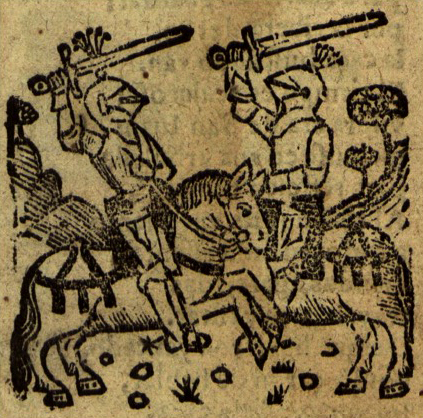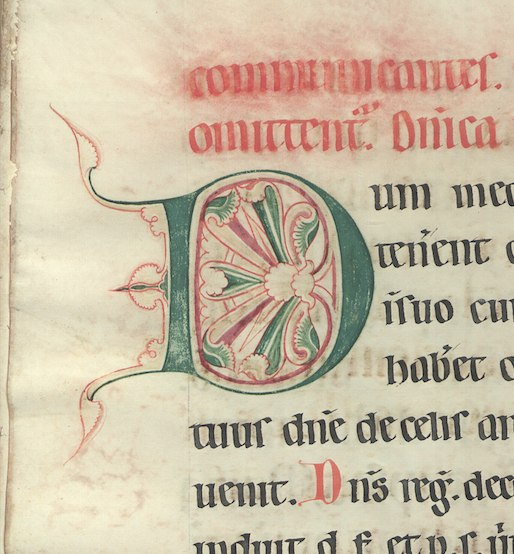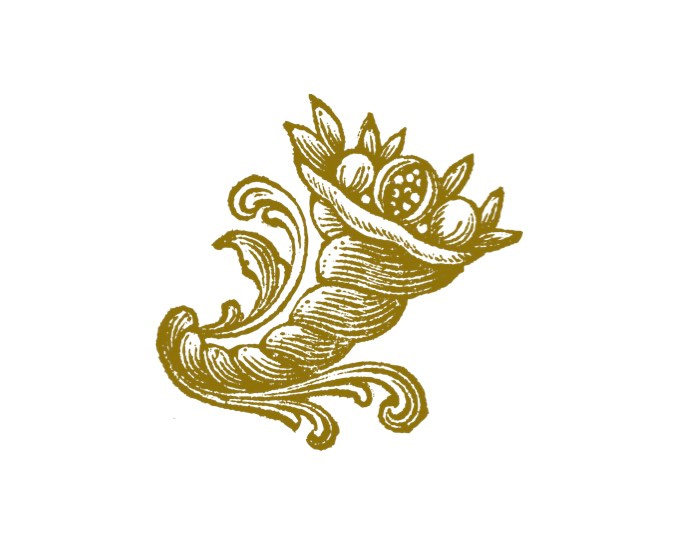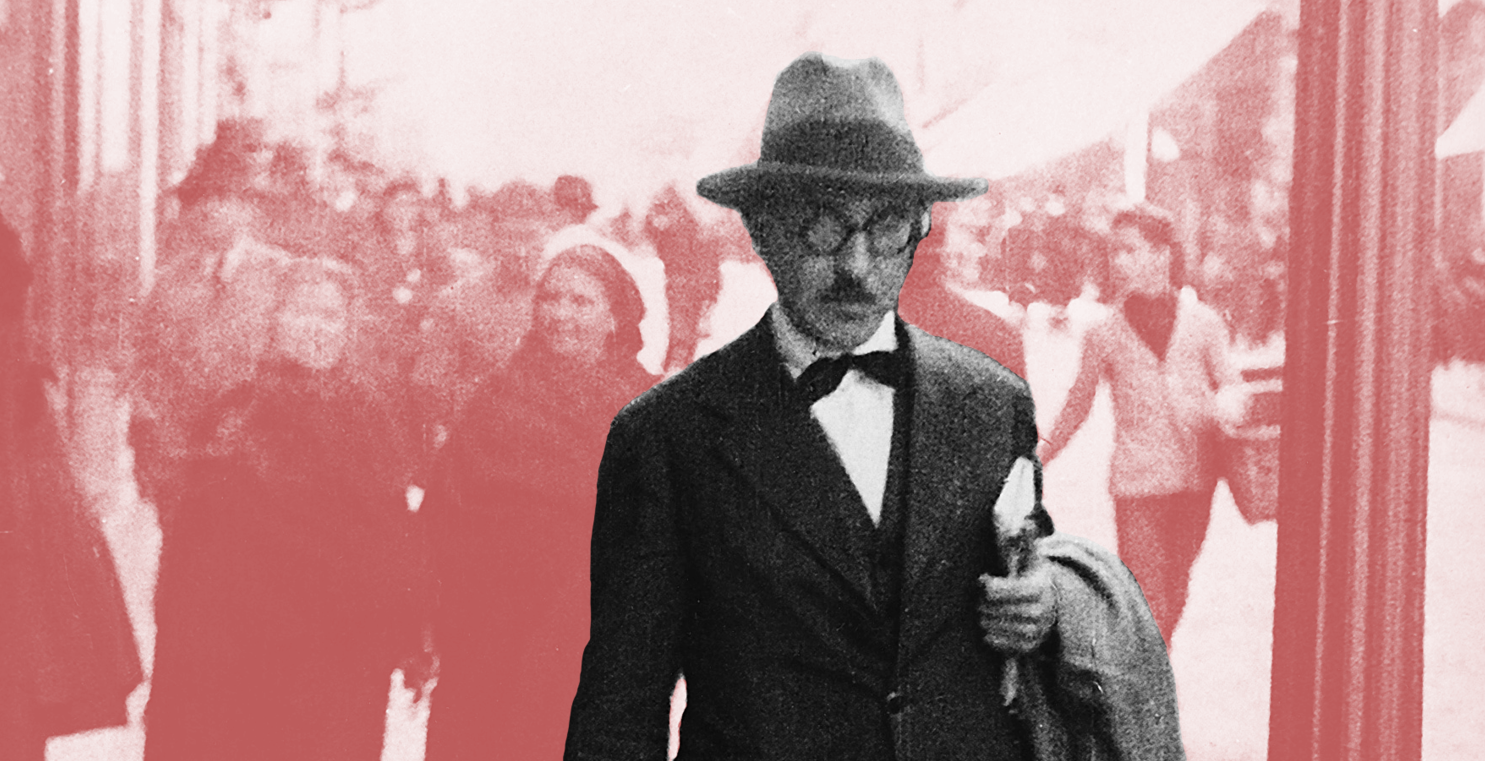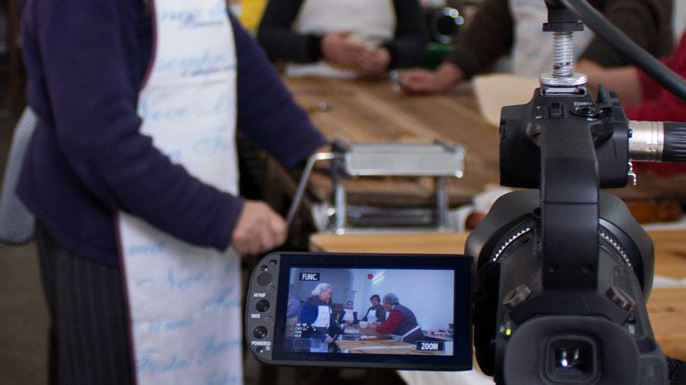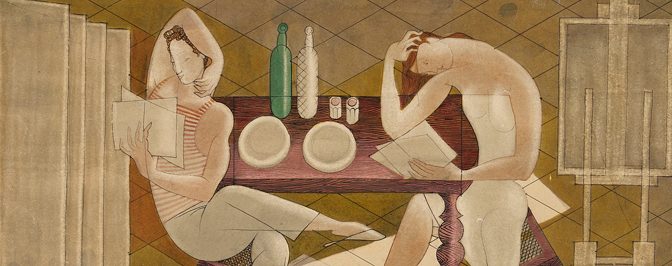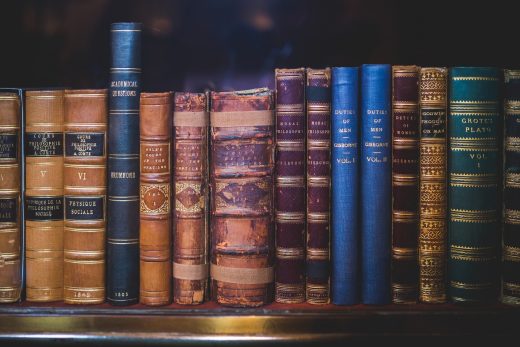The Portuguese dialogues project aims at studying and publishing texts produced in dialogue, considered as a genre. Developed by CEIL – Centre for Studies on the Literary Imaginary, currently a research group integrated in IELT, the project was initially designated (2010 to 2013) as “Diálogos Quinhentistas” and was concerned with the publication of texts by Francisco de Melgaço (transl.) (15th century), Francisco de Moraes (1500?-1572?) and João de Barros (1496 -1570).
The broadening of the work to the universe of dialogues in Portuguese, or by Portuguese authors, from before and after the 15th century, was a natural consequence of the goals set by the working group.
The team is now dealing with Diálogos Portugueses from the 15th to the 19th centuries, under the coordination of Irene Freire Nunes, assisted by other team members, within the research group “Interdisciplinary Studies on the Imaginary”. The project has been unfolded into parcelled, thematic projects, arising from the general project. Objectives:
1. To identify and locate Portuguese texts, or texts by Portuguese authors, in dialogue;
2. Publishing dialogue texts;
3. Study the texts and the genre;
4. To preserve and divulge the Portuguese dialogical heritage.
The team organizes its work according to the collection of data in several libraries and the subsequent treatment of the information gathered. It seeks support and establishes contacts and/or partnerships according to the objectives of the project and the material identified and collected. Reorganizes the project’s execution goals according to the resources available.
The Portuguese Dialogues project is different because it is the only one dealing with the subject in Portugal and it allows identifying relevant aspects of the cultural imaginary and social pragmatics over time. The project is funded by IELT – Institute for the Study of Literature and Tradition of the Faculty of Social and Human Sciences of the Lisbon Nova University, by the Calouste Gulbenkian Foundation and by the Portuguese Commission of Military History.
The project began in 2014 and is still active today. The working team includes professors from several Portuguese and Spanish universities and other researchers. They are: Ana Sofia Laranjinha, Carlos Carreto, Elisa Gomes da Torre, Filipe Moreira, Isabel Barros Dias, Isabel Morán Cabanas, Isabel Morujão, Margarida Santos Alpalhão, Maria Teresa Nascimento, Natália Albino Pires, Sofia Vilarigues, Teresa Araújo, Teresa Gonçalves Castro, Maria Barreto Dávila and Eduardo Castro.
Activities already organized and planned for the future: In June 2016 the colloquium “Literatura e Ciência: Diálogos Multidisciplinares” took place at NOVA FCSH, with the support of the Calouste Gulbenkian Foundation, and for October 2018 the colloquium “Literatura e Ciência: Diálogos Multidisciplinares II” is expected to take place at Aberta University.
Publications produced under the project:
Francisco de Morais, Diálogos ou Colóquios, edition and study by Isabel Barros Dias, Ana Sofia Laranjinha, Margarida Santos Alpalhão, IELT, 2016
“Diálogo de Robim e do Teólogo, edition and study” by Irene Freire Nunes and Margarida Santos Alpalhão, IELT, 2016 Isabel Barros Dias, Margarida Santos Alpalhão, Margarida Esperança Pina (coords.), Limite. Revista de Estudios Portugueses y de la Lusofonía (thematic issue: Dialogue and Science), vol. 11.1 (2017) p. 9-110.
Isabel Barros Dias, Margarida Santos Alpalhão, Margarida Esperança Pina (coords.), “Introdução”, Limite. Revista de Estudios Portugueses y de la Lusofonía (thematic issue: Dialogue and Science), vol. 11.1 (2017) p. 9-12.
Ji-young Huh – “Nouvelles découvertes et littérature : du récit de voyage au dialogue scientifique – Pérégrination et Entretiens sur la pluralité des mondes” Limite. Revista de Estudios Portugueses y de la Lusofonía (thematic issue: Dialogue and Science), vol. 11.1 (2017) pp. 13-23.
Natália Albino Pires, “”Do coquo chamado, scilicet, do coquo comum”: Garcia da Orta em diálogo com a ciência”, Limite. Revista de Estudios Portugueses y de la Lusofonía (thematic issue: Dialogue and Science), no. 11.1 (2017), pp. 25-41.
Teresa Nobre de Carvalho, “A figura de Garcia de Orta traçada pelo Conde de Ficalho. Os diálogos entre o biógrafo e Colóquios dos Simples”, Limite. Revista de Estudios Portugueses y de la Lusofonía (thematic issue: Dialogue and Science), no. 11.1 (2017), pp. 43-71.
Teresa Araújo, “Ensinar por decreto e por “diálogo”: manuais oratorianos dos meados de Setecentos», Limite. Revista de Estudios Portugueses y de la Lusofonía (thematic issue: Dialogue and Science), no. 11.1 (2017), pp. 73-88.
Carlos Fiolhais, «Os Diálogos Filosóficos do padre teodoro de Almeida», Limite. Revista de Estudios Portugueses y de la Lusofonía (thematic issue: Dialogue and Science), vol. 11.1 (2017) pp. 89-110.
Margarida Esperança Pina, «[critical review of] Teresa Nobre de Carvalho, Os desafios de Garcia de Orta. Colóquio dos Simples e Drogas da ndia, Lisboa, Esfera do Caos, 2015, 263 pp.», Limite. Revista de Estudios Portugueses y de la Lusofonía, n.º 11.1 (2017), p. 2224-227.
Margarida Santos Alpalhão, «O Diálogo de Robim e do Teólogo e a política na Idade Média portuguesa», Limite. Revista de Estudios Portugueses y de la Lusofonía (thematic issue: Dialogue and Politics), no. 10.2 (2016), pp. 13-25
Isabel Barros Dias, «Os primórdios do reino de Portugal. Argumentação e Política no “Diálogo Segundo”, de Pedro de Mariz», Limite. Revista de Estudios Portugueses y de la Lusofonía (thematic issue: Dialogue and Politics), no. 10.2 (2016), pp. 77-107
Margarida Santos Alpalhão and Isabel Barros Dias, «Diálogos Portugueses: contributo para um catálogo (Idade Média-século XVIII)», eHumanista, no. 33 (2016), pp. 457-518.
Isabel Barros Dias, «O «Diálogo Terceiro» de Francisco de Moraes: paródia de costumes e censura», in Helder Godinho (dir.) and Margarida Alpalhão, Isabel Barros Dias and Carlos Carreto (orgs), Da Letra ao Imaginário. Homenagem à Professora Irene Freire Nunes, Lisboa, CEIL – FCSH, 2013, pp. 453-463.
Margarida Santos Alpalhão, «Em torno da censura da obra de Francisco de Moraes: a propósito do seu “Dialogo Primeiro”», in Helder Godinho (dir.) and Margarida Alpalhão, Isabel Barros Dias and Carlos Carreto (orgs), Da Letra ao Imaginário. Homenagem à Professora Irene Freire Nunes, Lisboa, CEIL – FCSH, 2013, pp. 475-490.
Natália Albino Pires and Teresa Castro, «Ropicapnefma revisitada nos alvores do século XXI: questões editoriais», in Helder Godinho (dir.) and Margarida Alpalhão, Isabel Barros Dias and Carlos Carreto (orgs), Da Letra ao Imaginário. Homenagem à Professora Irene Freire Nunes, Lisboa, CEIL – FCSH, 2013, pp. 491-504.
Ana Sofia Laranjinha, «O «Diálogo Segundo» de Francisco de Moraes, ou como vencer um debate com armas alheias. Contributo para uma nova proposta de datação», in Helder Godinho (dir.) and Margarida Alpalhão, Isabel Barros Dias and Carlos Carreto (orgs), Da Letra ao Imaginário. Homenagem à Professora Irene Freire Nunes, Lisboa, CEIL – FCSH, 2013, pp. 439-451.
